New NCCN cancer treatment guidelines expand use of tumor-targeting Y-90 radiation treatment to patients with liver dominant, chemotherapy resistant colorectal cancer
HOUSTON — Radiologists from Synergy Radiology Associates (SRA) are now treating Houston-area patients with colon cancer that has spread to the liver, using an advanced treatment for inoperable liver tumors. Originally indicated for inoperable liver cancer, new national cancer guidelines allow for the use of Selective Internal Radiation Therapy (SIRT) in patients with liver dominant, chemotherapy resistant colorectal disease.
“This treatment offers new hope to patients suffering from this difficult disease,” said SRA interventional radiologist Michael Richter, M.D. “For radiologists, this updated guideline means we have another tool in our arsenal for treating a very challenging cancer diagnosis.”
SIRT is an interventional radiology procedure that delivers millions of tiny, radioactive SIR-Spheres® microspheres through blood vessels directly to the tumor site. Developed by Sirtex Medical Limited (ASX: SRX), SIR-Spheres is now included as a Category 2A recommended treatment in the latest National Comprehensive Cancer Network® (NCCN®) Clinical Practice Guidelines for colon cancer and rectal cancer.
“SIRT is an important part of a multidisciplinary approach to liver cancer that can help improve quality of life with fewer side effects, and we’re excited to make it available to area patients,” said SRA President Walid Adham, M.D. “We will continue to look at new treatments that provide advantages over current treatments that can benefit our referring physicians and their patients.”
SIR-Spheres microspheres are the only fully FDA-approved microspheres for colorectal cancer that has metastasized to the liver. The NCCN Category 2A designation means there is uniform consensus among the NCCN panel that SIRT with yttrium-90 (Y-90) microspheres is an appropriate option in chemotherapy resistant patients whose colorectal disease has spread to the liver. The recommendation also places SIR-Spheres on par with recommended metastatic colon cancer chemotherapy treatments.
SRA radiologists are now performing the procedure at Memorial Hermann The Woodlands Hospital, Memorial Hermann Southwest Hospital, and Memorial Hermann Southeast Hospital. Most patients are usually able to go home four to six hours after the procedure, and the reported side effects are few. Patients experience mild, flu-like symptoms for a period of one to two weeks after the procedure. SIRT can be used for primary liver cancers as well as metastatic disease in the liver, including colorectal and breast cancer.
For more information on SIRT and other minimally invasive procedures, visit our Y-90 informational page. Physician practices interested in learning more about Y-90 radioembolization should contact the Synergy Radiology interventional team at 713-897-5853.

